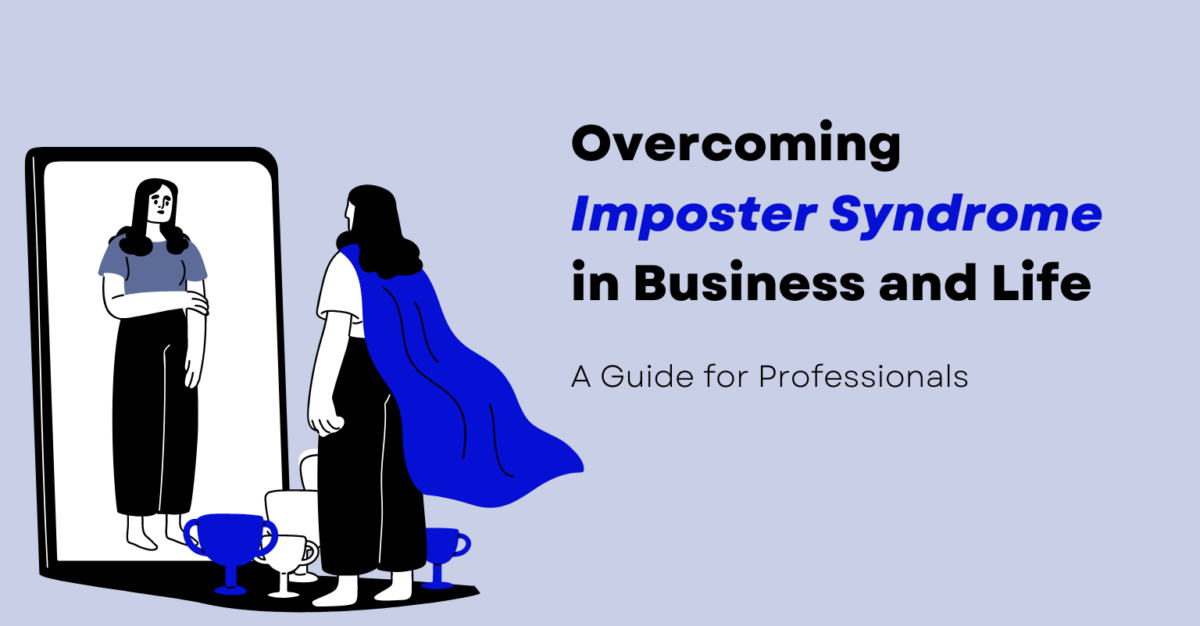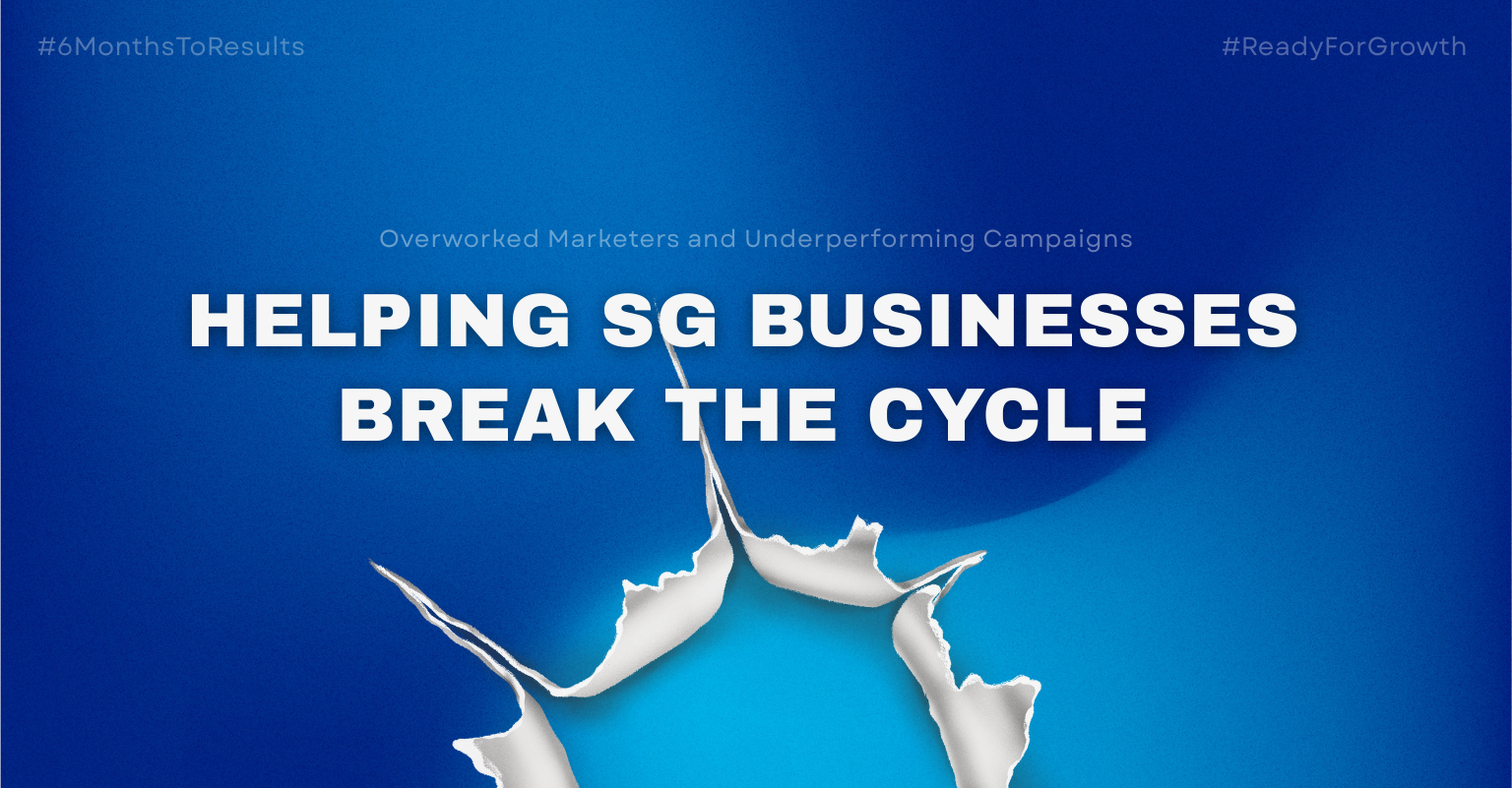Ever walked into a meeting and felt like you didn’t belong? Or achieved something significant yet still questioned your competence? You’re not alone. Imposter syndrome is a silent saboteur that affects many professionals, making them doubt their abilities despite evident success. At El Brand, we see this frequently among our clients, and we’re here to share strategies to help you overcome these feelings.
Understanding Imposter Syndrome
Imposter syndrome, first identified by psychologists Pauline Rose Clance and Suzanne Imes in 1978, is characterized by chronic self-doubt and a sense of intellectual fraudulence. It can affect anyone from high-powered executives to budding entrepreneurs, making them feel like they’re just one mistake away from being exposed as a fraud.

The Impact of Imposter Syndrome
In the business world, imposter syndrome can manifest in several ways:
Perfectionism: You might find yourself obsessing over every detail, feeling like nothing is ever good enough.
Overworking: Perhaps you stay late at the office, convinced that working harder will prove your worth.
Undermining Achievements: Do you often attribute your success to luck rather than your skills?
Fear of Failure: Maybe you avoid taking on new challenges because you’re afraid of not measuring up.

Strategies to Overcome Imposter Syndrome
1. Acknowledge Your Feelings
Recognize and acknowledge your feelings of imposture. Understand that it is a common experience. For example, imagine you just closed a significant deal, yet you worry it was a fluke. Talking about these feelings with a trusted colleague can provide a reality check and reassurance.
2. Reframe Your Thinking
Shift your focus from what you haven’t done to what you have achieved. For instance, keep a success journal where you note down your accomplishments, like leading a successful project or receiving positive feedback from a client. This practice helps reinforce a positive self-image and reminds you of your capabilities.
3. Seek Feedback
Constructive feedback from peers, mentors, or supervisors can provide an objective view of your performance. If you recently presented a project and are second-guessing your performance, ask for feedback. Positive reinforcement can validate your skills, while constructive criticism can guide improvement without diminishing your confidence.
4. Set Realistic Goals
Set achievable and realistic goals. For example, if you’re launching a new marketing campaign, break it down into smaller, manageable tasks and celebrate each milestone. This approach not only makes the project more manageable but also provides frequent opportunities to recognize your progress and success.
5. Continuous Learning
Invest in continuous learning and professional development. Taking a course to enhance your skills or attending a workshop can boost your confidence. Remember, even the most successful professionals were once beginners.
6. Mentorship
Engage with mentors who have more experience in your field. They can provide guidance and share their experiences. Seeing their journey, including their struggles and successes, can normalize your own experiences and reduce feelings of imposture. For example, a mentor might share how they once felt the same way when they were in your position.
7. Practice Self-Compassion
Be kind to yourself. Recognize that everyone makes mistakes and that these are opportunities for learning rather than proof of inadequacy. Treat yourself with the same compassion and understanding that you would offer a friend who’s struggling with self-doubt.
8. Trust the Process and Yourself
Remember those times you doubted yourself but still delivered beyond expectations? Trust the process and trust yourself. Acknowledge your track record of success. Realize that these feelings of self-doubt often appear just before major breakthroughs. Trust that you have the skills and the drive to meet challenges head-on and excel.
9. Value and Leverage Others’ Expertise
No one succeeds alone. Recognize when you need help and don’t hesitate to seek it. Value the expertise of others in their respective fields and leverage this knowledge. Collaborating and drawing on diverse skill sets not only enhances the quality of your work but also reinforces a healthy team dynamic and reduces the pressure of having to know and do everything yourself.
Conclusion
Overcoming imposter syndrome is a journey, not a destination. It requires consistent effort and self-reflection. By acknowledging your feelings, seeking support, and celebrating your successes, you can transform self-doubt into self-confidence. Trust the process, trust yourself, and remember to value and leverage the expertise of others. At El Brand, we believe in empowering professionals to reach their full potential. By addressing imposter syndrome, you can unlock new levels of performance and satisfaction in both business and life.
If you’re struggling with imposter syndrome, reach out to us at El Brand. Our team of experts is here to support you with personalized business consultancy and marketing strategies designed to help you thrive. Let’s work together to build a future where you feel confident and capable of achieving your goals. Contact us today to learn more.
By focusing on these strategies and seeking support when needed, you can combat imposter syndrome and pave the way for a more confident and successful future. Remember, every professional faces these doubts, but with the right tools and mindset, you can overcome them and excel in your career and personal life.




